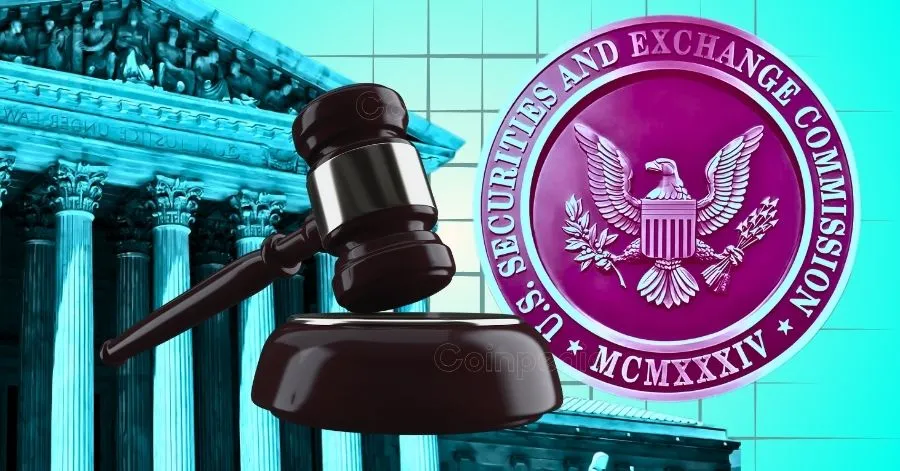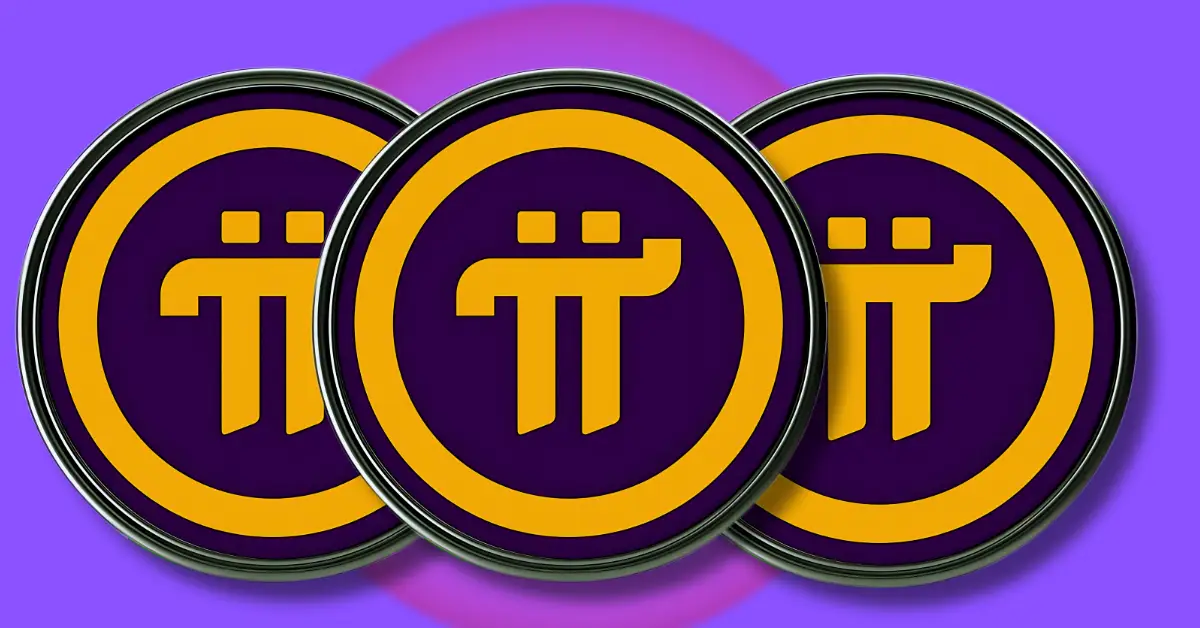A Potential “Sandbox” Rule for Tokenized Securities: Relief for Crypto Firms and Innovation for the SEC
Acting SEC Chair Mark Uyeda’s recent hints towards a “sandbox” rule for tokenized securities have left the crypto community buzzing with excitement, as reported by Fox Business’s Eleanor Terrett. This potential framework could serve as a short-term relief solution for both registered and unregistered digital asset firms, allowing them to innovate and experiment while the Securities and Exchange Commission (SEC) establishes permanent regulatory solutions.
Understanding the “Sandbox” Rule
The “sandbox” rule is a regulatory approach where the SEC would provide a safe space for firms to test new technologies and business models without the immediate fear of enforcement actions, as long as they comply with certain guidelines. This approach is not new to financial regulation, as it has been used in other industries, such as banking and insurance.
The Impact on Registered Crypto Firms
Registered crypto firms, which include exchanges, investment companies, and advisors, could benefit significantly from a “sandbox” rule. Currently, these firms operate under strict regulatory requirements, which can limit their ability to innovate and adapt to the rapidly changing digital asset landscape. A “sandbox” rule would provide them with the flexibility to experiment with new technologies and business models, while still being subject to SEC oversight.
The Impact on Unregistered Crypto Firms
Unregistered crypto firms, which include startups and smaller players, could also benefit from a “sandbox” rule. These firms often face significant regulatory uncertainty and may not have the resources to navigate the complex regulatory landscape. A “sandbox” rule would provide them with a clearer path to innovation, while still ensuring that investor protection remains a priority.
The Global Implications
The implementation of a “sandbox” rule for tokenized securities could have significant global implications. Other regulatory bodies, such as the European Securities and Markets Authority (ESMA) and the Japanese Financial Services Agency (FSA), have already taken steps to establish regulatory sandboxes for digital assets. The SEC’s entry into this space could lead to increased regulatory cooperation and coordination on a global scale.
Conclusion
The potential implementation of a “sandbox” rule for tokenized securities represents an exciting opportunity for both registered and unregistered crypto firms to innovate and adapt to the rapidly changing digital asset landscape. It also signals the SEC’s commitment to finding a balanced approach to digital asset regulation that prioritizes investor protection while fostering innovation. As the crypto industry continues to evolve, it will be interesting to see how this regulatory approach unfolds and what impact it will have on the global digital asset market.
- Acting SEC Chair Mark Uyeda has hinted at a potential “sandbox” rule for tokenized securities.
- This rule could provide short-term relief for both registered and unregistered crypto firms.
- Registered crypto firms could benefit from the flexibility to experiment with new technologies and business models.
- Unregistered crypto firms could benefit from a clearer path to innovation.
- The implementation of a “sandbox” rule could lead to increased regulatory cooperation and coordination on a global scale.





